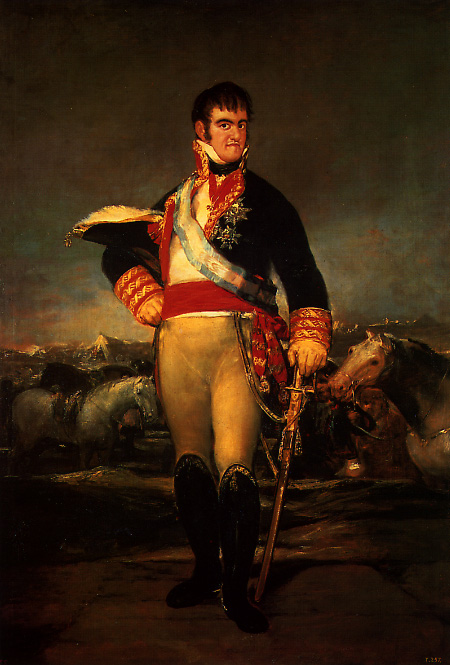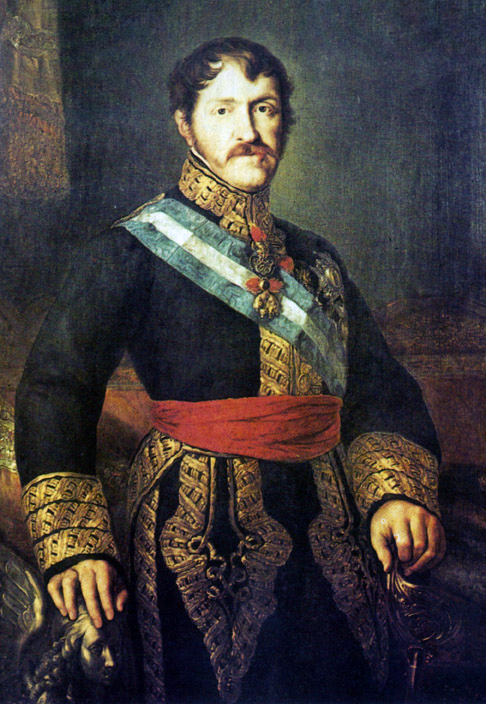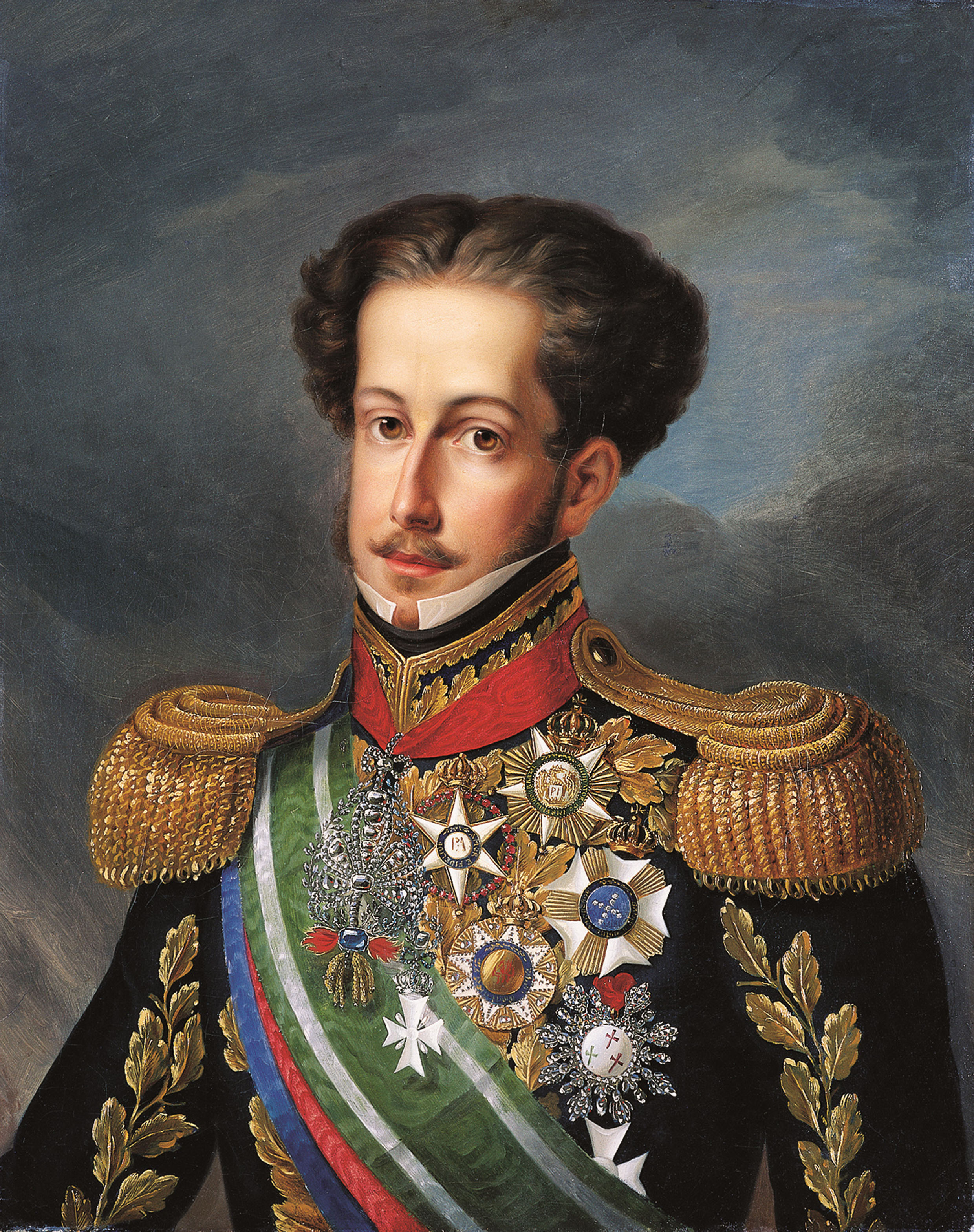You are using an out of date browser. It may not display this or other websites correctly.
You should upgrade or use an alternative browser.
You should upgrade or use an alternative browser.
Well, I'm a bit tied up at the moment editing the Turtledove Nominations, so hearing some discussion about the posts in Europe and where you see this going would be welcome.
Well seeing as you just plunged Europe into a general European war, it'll be difficult to see the effects on Europe until we know who wins! Britain and France vs. Prussia and Russia.....I probably see the former winning. Since it's not a united Germany, France still has population parity with Prussia, and Russia is pushing its supply lines quite far. British support for the French is the icing on the cake, since the Royal Navy and British military aid to France will tilt the balance.
Well, I'm a bit tied up at the moment editing the Turtledove Nominations, so hearing some discussion about the posts in Europe and where you see this going would be welcome.
Any word if this gets a nomination? If so, you certainly have my vote.
Hmm...interesting. One thing I'd note is that I guess this is going to tip the balance of power in Europe dangerously into France's court. The reason the Dutch held onto Luxembourg when it tried to revolt away was because the Prussians had been authorised to station troops there to prevent France interfering in Germany. With Prussia forced to withdraw to its own borders, the scene is being set for the French to start meddling in what is not theirs, and they shall surely attempt to turn the German revolutionary republic into a puppet state - and the Germans will likely accept their help willingly in exchange for their protection from Prussia and Austria, until their state is fully set up and worryingly Francophile. Britain was normally one of the states which used its influence to assure the continued presence of Prussian troops and to prevent French diplomatic feelers in Germany, but for the cause of liberty it has stepped aside. Ignoring that Prussia will likely feel compelled to wage another war of retribution in the same way that WW2 was a reaction to WW1 (a war Prussia will probably lose if it does not enlist the support of Austria and Russia), I fear that France will soon start waging wars in Europe to try to cement its dominance of Germany, and then you've got a kind of chilled-out, slow-paced version of the Napoleonic dominance of Europe :\
Still, be interested to see what comes next, whether France is in the ascendant or not.
Still, be interested to see what comes next, whether France is in the ascendant or not.
Glen
Moderator
Well seeing as you just plunged Europe into a general European war, it'll be difficult to see the effects on Europe until we know who wins! Britain and France vs. Prussia and Russia.....I probably see the former winning. Since it's not a united Germany, France still has population parity with Prussia, and Russia is pushing its supply lines quite far. British support for the French is the icing on the cake, since the Royal Navy and British military aid to France will tilt the balance.
Very good points - but what about the Ottomans?
Glen
Moderator
Any word if this gets a nomination? If so, you certainly have my vote.
It has already been nominated by General_Finlay (thanks, General!).
Glen
Moderator
Hmm...interesting. One thing I'd note is that I guess this is going to tip the balance of power in Europe dangerously into France's court. The reason the Dutch held onto Luxembourg when it tried to revolt away was because the Prussians had been authorised to station troops there to prevent France interfering in Germany.
True, though I think OTL's history Russia was the meddler who was not well leashed. Here, they will be checked - or at least an attempt will be made to do so.
With Prussia forced to withdraw to its own borders, the scene is being set for the French to start meddling in what is not theirs, and they shall surely attempt to turn the German revolutionary republic into a puppet state - and the Germans will likely accept their help willingly in exchange for their protection from Prussia and Austria, until their state is fully set up and worryingly Francophile.
Hmmm, assuming the British let it go that far without - guarantees?
Britain was normally one of the states which used its influence to assure the continued presence of Prussian troops and to prevent French diplomatic feelers in Germany, but for the cause of liberty it has stepped aside.
Yes, here the British are more liberal (mildly), the French more stable (overall more moderate, actually, not swinging between reactionary monarchies and revolutionary republics), and thus Britain and France are much closer to being on the same page politically than for the same period IOTL.
Ignoring that Prussia will likely feel compelled to wage another war of retribution in the same way that WW2 was a reaction to WW1 (a war Prussia will probably lose if it does not enlist the support of Austria and Russia),
Hmmm, a good point, there - time will tell...
I fear that France will soon start waging wars in Europe to try to cement its dominance of Germany, and then you've got a kind of chilled-out, slow-paced version of the Napoleonic dominance of Europe :\
Unless there are checks - and don't count France's chickens before they hatch - there's still some forces out there working against them, and the results are by no means certain...
Still, be interested to see what comes next, whether France is in the ascendant or not.
I am gladdened that you are interested! Yes, we should see how France comes out of all this, as well as the rest of the 'Great Powers'.
Hmmm, assuming the British let it go that far without - guarantees?
Any British diplomat would be naive and a fool to believe that the French would keep their word, after centuries of breaking promises for blatant opportunism
Glen
Moderator
Any British diplomat would be naive and a fool to believe that the French would keep their word, after centuries of breaking promises for blatant opportunism
Yes, fortunately the Prussians, Austrians, and Russians are soooo trustworthy....
Very good points - but what about the Ottomans?
If anything, it seems like they'd be against their natural enemy, Russia, further hurting the P/Russian chance for victory.
It has already been nominated by General_Finlay (thanks, General!).
Where do we go to vote?
Yes, fortunately the Prussians, Austrians, and Russians are soooo trustworthy....
But also more easily cowed into following British wishes by way of..."financial bread-crumb trails"...well, except Russia I guess.
Glen
Moderator
If anything, it seems like they'd be against their natural enemy, Russia, further hurting the P/Russian chance for victory.
That's a good point - then again, some might say the same about Britain and France!
Glen
Moderator

His successor, Carlos Vth, was if anything even more wed to the principals of the divine right of kings, but where Ferdinand was fickle and vindictive, Carlos was steadfast and pious. King Carlos V refused to acknowledge the constitutional limits of his kingship, but the Cortes feared to depose him and proclaim a republic, as this might be the one thing that would rouse the Great Powers from their non-interference. Over the course of 11 years, the King won the grudging respect of the Cortes, and the Cortes, which brought Spain back to a semblance of prosperity, won over Carlos V in the end. In 1840, a compromise was struck between the King and the Cortes, increasing the role of the King in government in return for his recognition of the Constitution de jure and not just de facto. In the 1840s, Spain drifted more to the right, and King Carlos V came to be seen as a strong ruler both in Spain and on the International stage, though he kept his word and never again threatened to overturn the Constitution of Spain.

Glen
Moderator

While the early 1820s were unpromising for the Portuguese, it turned out that the rest of the first half of the 19th century would be fairly peaceful and prosperous for Portugal first under the brief but pivotal rule of King Pedro IV, and then later his son, King Pedro V.
King Pedro IV proved to be a friend to the liberal cause, so unlike in Spain where tension between Cortes and Crown overshadowed two decades, in the 1820s Pedro IV actively aided and abetted the formation of a new constitutional monarchy and government for the nation, in some ways more modern and liberal than Portugal's ally, Britain, or even it's neighbor to the north, France. Conservatives fumed in the nation, and some plotted to put Pedro's younger brother on the throne, but the orthodox royalists would not stand for an overthrow of the succession, and eventually the furor sputtered and died. Sadly, King Pedro IV died young in the mid 1830s of complications of consumption, however his son, King Pedro V, inherited a stable and prosperous nation.
Glen
Moderator
nice update
Thank you!
I want to see some DSA involment in Europe though
I'll see what I can do...
Guys, terrible news.
I have discovered that Glen is in fact a secret Carlist.
Seriously though Glen, have you explained earlier how Spain ended up with Carlos V rather than say OTL's Isabella?
I have discovered that Glen is in fact a secret Carlist.
Seriously though Glen, have you explained earlier how Spain ended up with Carlos V rather than say OTL's Isabella?
Glen
Moderator
Guys, terrible news.
I have discovered that Glen is in fact a secret Carlist.
Curses! Foiled again!!
Seriously though Glen, have you explained earlier how Spain ended up with Carlos V rather than say OTL's Isabella?
I did not explicitly explain, but the pieces to the puzzle are all there in the timeline if you put them together. Ferdinand is basically made a prisoner by his own Cortes in the 1820s, and France does not invade to change the situation ITTL due to their liberal leanings, unlike in OTL where French intervention essentially put Ferdinand back in charge. With Ferdinand out of action, he takes up even earlier/worse health habits than he did OTL, resulting in his earlier death than OTL. Basically in bad health and imprisoned and dying a year before the birth of OTL Isabella - he doesn't remarry (and who would want him under the circumstances!) and he doesn't have any children before his death. Of course OTL's Isabella wouldn't have been born this far after the POD in a country now embraced by the retarded butterflies, but with no children, naturally Carlos remains the heir and inherits on Ferdinand's death.
Clear?
Share: